Whether during an injury or an infection, inflammation is part of the body’s immune system response acting as a mechanism for protection against harmful pathogens and supporting the healing process. Although inflammation can be a good thing, it can become chronic when it persists for a long time; this can lead to other health issues such as diabetes, arthritis, and even cancer.
While lifestyle changes and medications are important for managing inflammation, the foods we consume also have a major influence on the inflammatory process. Certain foods possess powerful anti-inflammatory qualities that can help decrease inflammation and boost overall health. Read along as we explore some of the best foods for combating and healing from inflammation.
Jump to:
What is inflammation?
First, it is important to understand what inflammation is and how it affects the body. Inflammation is a natural process that the body tissues use to respond to harmful triggers such as damaged cells, irritants, and pathogens. It is a protective mechanism where the blood vessels and immune cells work together to remove the initial cause of an infection or injury, clear out damaged tissues and cells, and support the healing process.
Now, you might be wondering — ‘is inflammation good or bad?’ Simply put — yes and no. Yes, because the body uses it to initiate the healing process; however, inflammation can become chronic, which can make it a bad thing. Inflammation can become chronic when the inflammatory response persists for a long period even when its initial triggers like infection and injury are absent. This prolonged inflammation can wreak havoc on body organs and tissues. Chronic inflammation is mostly associated with conditions such as type 2 diabetes, cardiovascular diseases, neurodegenerative diseases, and autoimmune diseases.
While prolonged inflammation often goes unnoticed, joint pain, persistent fatigue, digestive issues, skin problems, weight gain, frequent allergies, and frequent infections are some of the symptoms that might manifest. This is why a good diet for inflammation is important for healing.
What are the foods to eat for inflammation?
There are specific foods that have been shown to possess anti-inflammatory properties that can help reduce the effects of chronic inflammation on health. These foods typically contain significant amounts of polyphenols, vitamins, antioxidants, and minerals that can support the body’s natural response to inflammation. Incorporating foods that contain these nutrients into your diet is an active approach to promoting overall well-being.
Moreover, foods for inflammation not only reduce the symptoms of chronic inflammation, they also provide several other benefits like boosting mood, enhancing immune system function, and improving cardiovascular health. A diet high in processed foods and refined sugars can increase inflammatory markers in the body and boost chronic inflammation. However, opting for a diet with nutrient-dense foods is an efficient step towards healing from inflammation.
9 must-have foods for inflammation
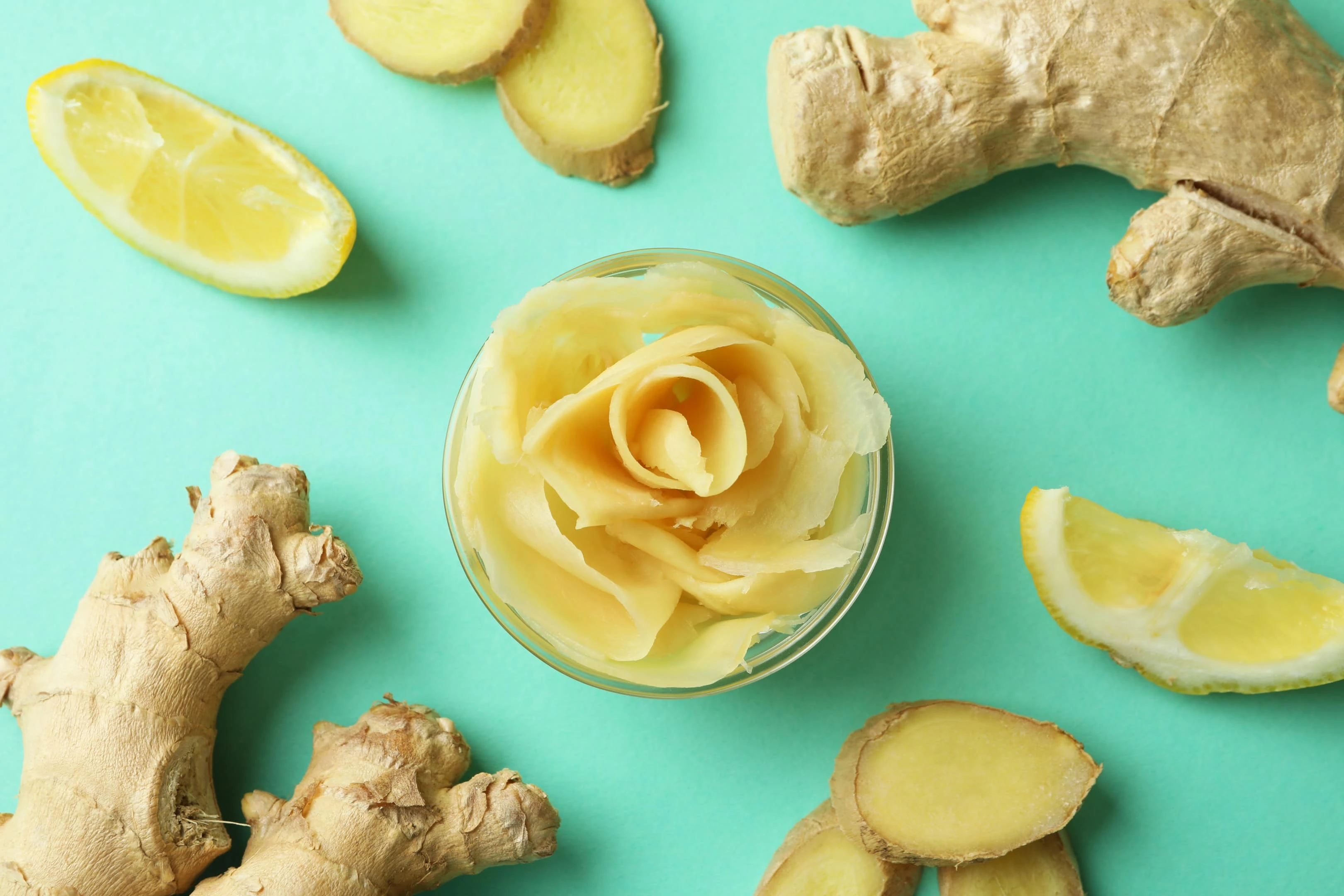
1. Ginger
A versatile root that has been used for decades in traditional medicine to treat diverse health issues, ginger is well known for its antioxidant and anti-inflammatory qualities. It contains bioactive compounds such as shogaol and gingerol, which enhance its anti-inflammatory effects. The gingerol in ginger can suppress the production of inflammatory enzymes and cell signaling proteins that play a role in the inflammatory process.
Moreover, ginger is particularly beneficial for individuals with rheumatoid arthritis and osteoarthritis as it can help reduce stiffness and pain. Incorporating ginger into your diet can also help reduce muscle soreness and pain after exercise. Add ginger to your baked goods, tea, or use fresh ginger powder to spice up soups and stir-fries.
2. Blueberries
Nutrient-dense, blueberries are small fruits packed with excellent minerals and vitamins that can help fight inflammation. These vibrant berries are significantly rich in flavonoids, especially anthocyanins, which contribute to their anti-inflammatory effects. These anthocyanins can help decrease inflammation and oxidative stress by counteracting the effects of unstable molecules that might damage cells and contribute to inflammation.
Some studies have shown that consuming blueberries regularly can reduce the markers of inflammation such as C-reactive protein (CRP), and decrease the risk of diseases linked to chronic inflammation such as type 2 diabetes, cardiovascular diseases, and neurodegenerative diseases.
3. Walnuts
Walnuts are high in bioactive compounds and diverse nutrients including omega-3 fatty acids and fiber, which contribute to their potential anti-inflammatory qualities. The omega-3 fatty acids in walnuts can help promote the synthesis of anti-inflammatory compounds in the body, reducing pain and other symptoms of inflammation. Moreover, fiber is associated with promoting gut health, and can potentially reduce inflammation by influencing the balance of gut bacteria.
In addition, walnuts contain polyphenolic compounds such as flavonoids and ellagitannins, which possess anti-inflammatory and antioxidant qualities. These polyphenols can help to decrease inflammation and oxidative stress by eliminating free radicals and regulating the body’s response to inflammation.
4. Avocado
Avocados are loaded with healthy fats, especially monounsaturated fats, that have been shown to help reduce inflammation by decreasing the effects of inflammatory markers in the body. This nutrient-dense fruit also contains antioxidants like vitamin C, lutein, vitamin E, and zeaxanthin, which can help combat free radicals and decrease oxidative stress linked to the development of chronic inflammation.
Moreover, avocados are high in plant compounds called phytosterols, which can help regulate the functions of the immune system and reduce inflammation by regulating the activities of the immune cells. Avocados also contain potassium, which can support fluid balance, nerve transmission, and muscle function and can potentially reduce the levels of inflammation in the body.
5. Sardines
Like many other fatty fish, sardines are an abundant source of omega-3 fatty acids, especially docosahexaenoic acid (DHA) and eicosapentaenoic acid (EPA). These omega-3 fatty acids can aid the healing process and reduce inflammation by decreasing the production of molecules that enhance inflammation in the body. Moreover, sardines are high in protein, which is essential for various body functions such as tissue repair and immune function.
Sardines are also rich in diverse nutrients such as phosphorus, calcium, and selenium, which play vital roles in antioxidant defense and immune function. Selenium particularly can help reduce inflammation by regulating the immune system response and decreasing oxidative stress.
6. Green tea
In addition to being a popular beverage, green tea possesses anti-inflammatory and antioxidant properties that are beneficial for overall health. It is rich in polyphenols, especially catechins which have anti-inflammatory qualities. Green tea also contains vitamin C, an important antioxidant for supporting immune system functions.
In addition, green tea contains epigallocatechin gallate (EGCG) which is a potent antioxidant that has been proven to mitigate the production of pro-inflammatory cytokines that can contribute to inflammation. Research suggests that drinking green tea regularly can help reduce the risk of chronic inflammatory diseases. Enjoy green tea as a hot or iced beverage or add to smoothies to give your body an extra dose of antioxidants.
7. Kefir
Kefir is fermented milk and is loaded with probiotics that are beneficial for gut health and inflammation. Kefir contains many probiotic bacteria, which can help maintain a healthy balance of gut microbiota. This plays a vital role in managing immune function and inflammation. By promoting gut health, kefir can help reduce inflammation in the gut and throughout the body.
In addition, the probiotics in kefir may help regulate immune system response and inflammation by interacting with the immune cells in the gut and other mucosal surfaces. Kefir can also boost the body’s antioxidant activity since it contains vitamins C and E, and polyphenols that can help eliminate free radicals, which are closely associated with the development of chronic diseases.
8. Turmeric
A bright and yellow spice commonly used in Indian cuisine, turmeric is known for its strong anti-inflammatory effects. Turmeric is high in curcumin, a powerful antioxidant that can help reduce the levels of inflammation in the body. Curcumin can hinder the activities of molecules involved in inflammation like cyclooxygenase-2 (COX-2) and nuclear factor-kappa B (NF-κB), thereby reducing the risk of chronic inflammation.
Furthermore, curcumin is potent in reducing the symptoms of conditions like inflammatory bowel disease, arthritis, and other inflammatory conditions. It also contains other nutrients such as vitamin C, manganese, and vitamin B6 that can boost immune function and support overall health.
9. Extra virgin olive oil
A staple in the Mediterranean diet, olive oil is popular for its numerous health benefits including its ability to help combat inflammation. Extra virgin olive oil is a great source of monounsaturated fatty acids, particularly oleic acid, which can help halt the production of inflammatory enzymes and molecules, thereby reducing the signs of chronic inflammation.
Extra virgin olive oil also contains oleocanthal, tyrosol, and hydroxytyrosol, which are phenolic compounds. These compounds can help decrease oxidative stress; reduce the levels of inflammatory markers in the blood and the risk of chronic inflammatory diseases such as cardiovascular disease and rheumatoid arthritis.
Conclusion
Various foods possess anti-inflammatory properties and can help reduce the levels of inflammation in the body. These foods can support overall well-being by enhancing the body’s defense and decreasing the risk of chronic diseases. The must-have foods to speed up healing and reduce inflammation include turmeric, sardines, green tea, avocado, ginger, blueberries, and walnuts. To get the best out of these foods, always remember to consume them as a part of a balanced diet.

A writer passionate about wellness, nutrition, and intentional living. She creates engaging, research-based content that empowers readers to live healthier lives. Through every article, she brings clarity, inspiration, and a touch of everyday practicality. Read more about Juliana.


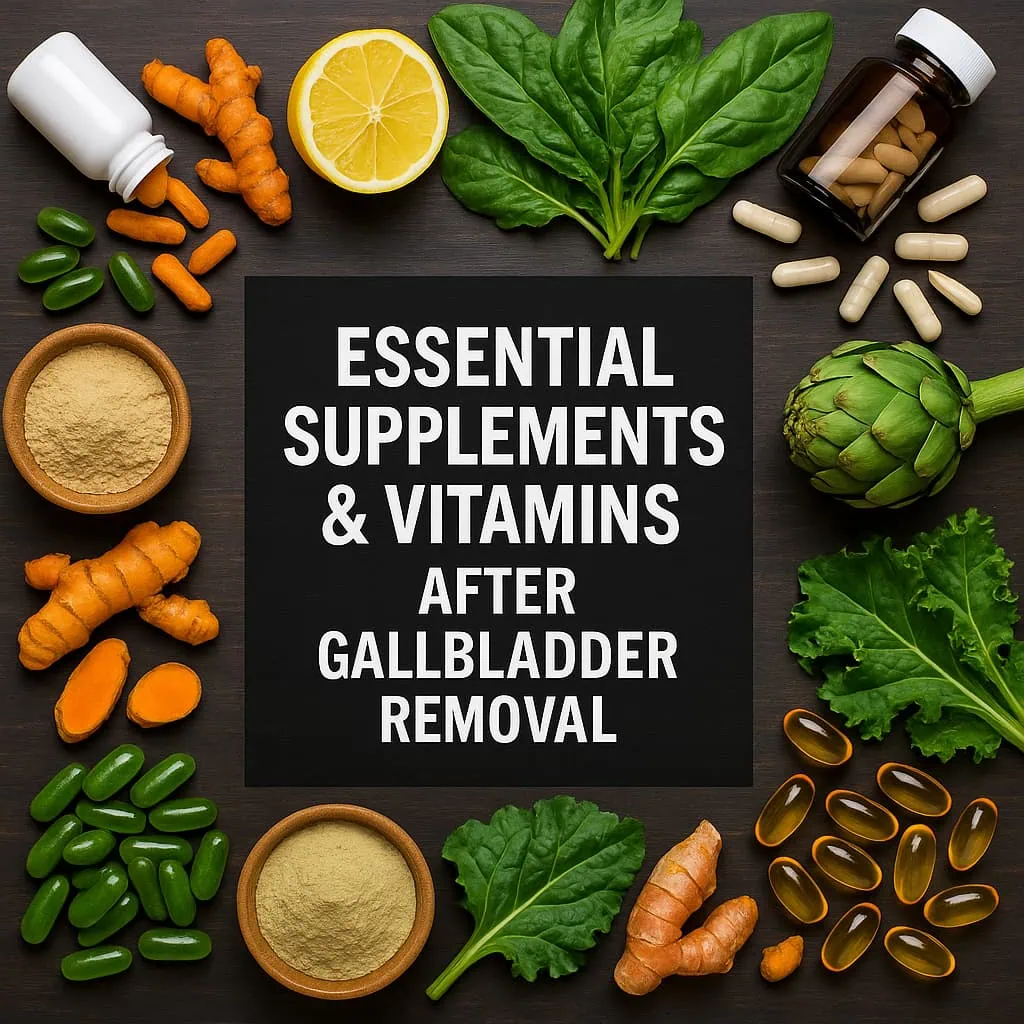
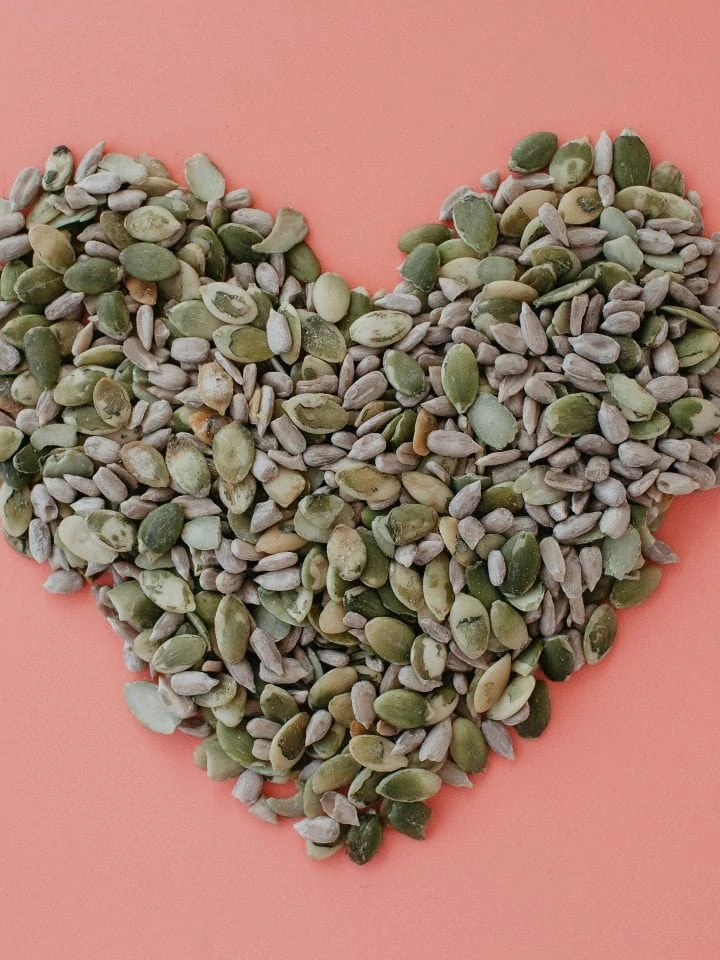
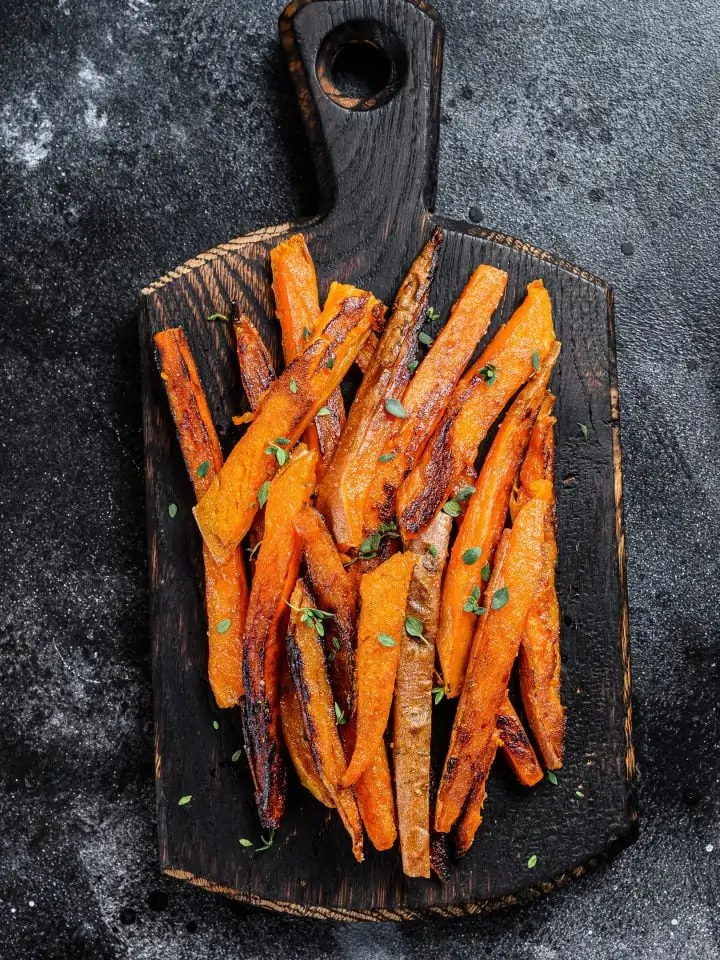
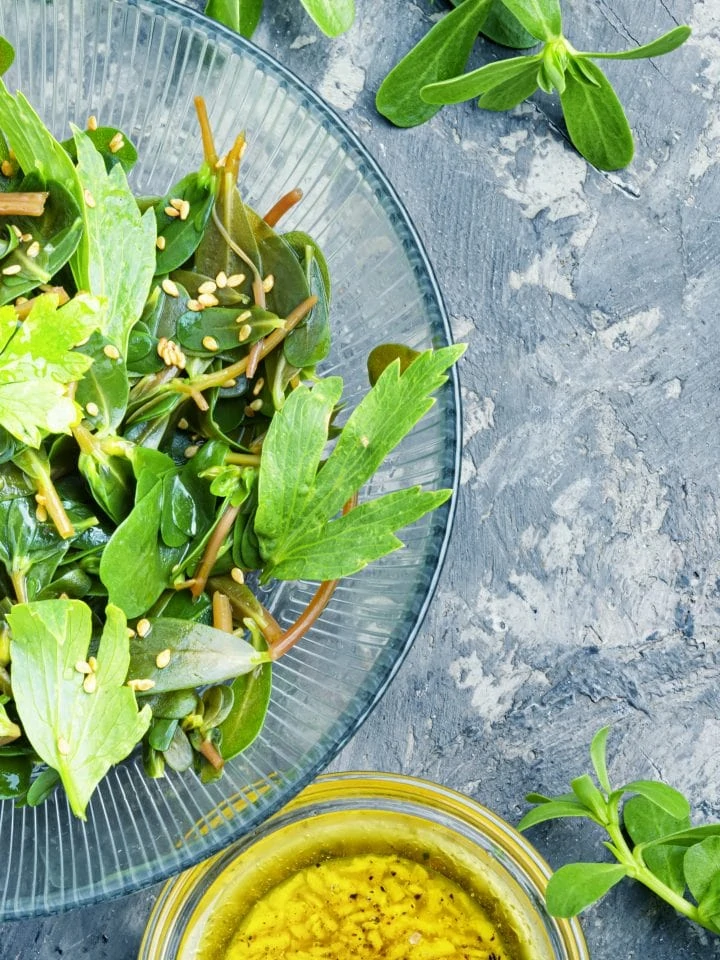

Comments
No Comments